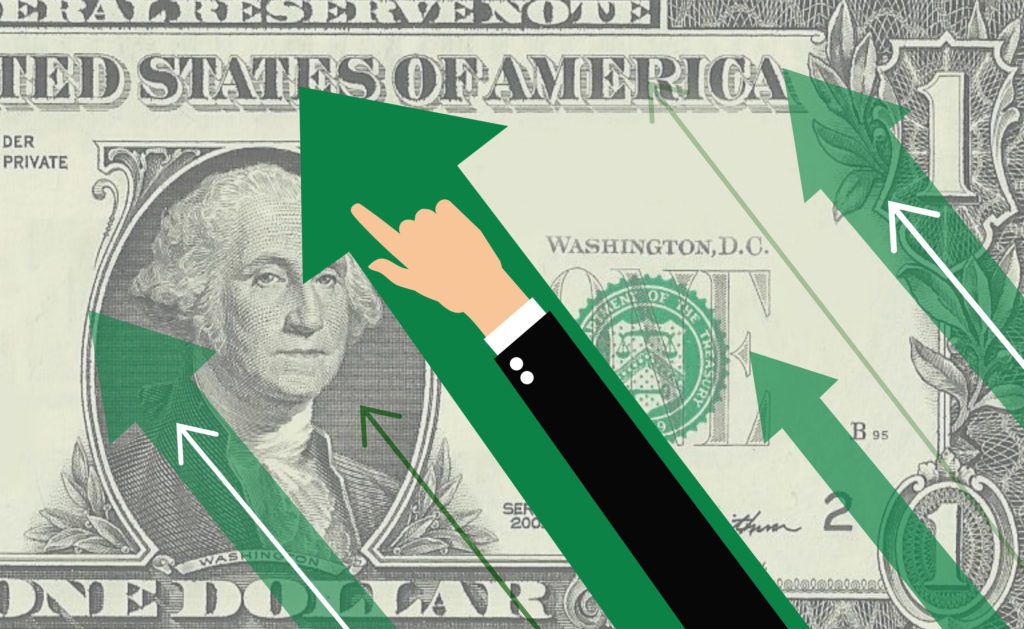
April 2019 represents the one year anniversary of my wife and I paying off our last remaining debt, our mortgage. This was a big decision for us and the decision came after many hours of reading, watching, discussing and constantly revisiting the same assumptions and concerns over and over again.
Credit goes to my wife for really throwing down the gauntlet and setting high standards for paying off the mortgage. By high standards, we determined that we were not going to sell any investments nor were we going to suspend investment contributions. We were only going to use our cash savings. My part of the plan was to pay off the mortgage quickly, get it over with so we can quickly realize the benefit of being debt free.
Revisiting the thought process
In looking back at the decision, I still think we were right in paying it off because our financial situation allowed it. We are investing the maximum in our retirement accounts, health savings account, and investing an additional $2,0000 per month in Vanguard index funds….and we still had cash left over.
We drained our cash reserves paying off the mortgage, but we kept to our auto investing discipline, and even further reduced our expenses. We ate out less frequently, we cut the cable cord, didn’t travel for vacation, did more work ourselves around the house, and generally just put off purchases.
I also credit the stock market run in 2017 is being a big catalyst. Our investment accounts made a big leap in 2017 and that in turn gave us both more confidence in our financial situation.
Revisiting the cons
In my post about paying off the mortgage, I wrote about some cons that we weighed before going through with it.
- Emergencies – what if we allocated the bulk of our cash and all of a sudden needed it for something unforeseen?
- Luckily this didn’t happen. The choice to pay off the mortgage quick allowed us to quickly get past this. Of course we were also fortunate that something big didn’t happen. If something did happen we have our insurance and investment accounts as a fall back option.
- Long-term mistake – this is where a lot of ‘keep your mortgage’ proponents anchor their argument. That putting money towards a mortgage hurts you financially because you’re missing out on all the gains you would have had by investing that money instead.
- I admit this one is tough to argue, if we had invested the cash in early 2018, there would be some good gains. One of the ways I think about this is that we still invested the same way we would have if we kept our mortgage anyway. I still think it was a good decision based on the fact that we didn’t sell any investments, we did not stop contributing to investments and we only used cash. Between our reductions in spending and just being gainfully employed, we have been able to quickly recoup cash.
- Still have to pay – we still have to pay taxes and mortgage insurance even though we eliminated the principal and interest part of our monthly mortgage payment.
- Our taxes are still pretty high, and I made some home insurance upgrades so we do still have to pay these things. However, our principal and interest payments were around $16,000 per year.
Writing down these concerns was a big help. It allowed us to go one by one through our fears and think about what is the worst that could happen. We went through this thought process over the years leading up to paying off the mortgage, but we never wrote anything down. Writing it down made all the difference in the world.
Where we stand now
Prior to paying off the mortgage our bank and investment accounts peaked at $1,518,000. In April 2018 when we paid it off, we were approximately $1,369,000. In April 2019, we are back up to $1,562,000. Our cash was at $205K and now it is at 120K.
Thanks to help from market advances and our paychecks, it only took 11 months to get our combined bank account balance back up to (and over) the same amount pre-mortgage pay off. We’re also on track for having our cash reserves built back up to pre-payoff levels by year two (April 2020).
Being this far (10 years) into a bull market I can see how people double down and buy a second home, a nicer car, or in general make lifestyle upgrades. After revisiting my lessons learned from the 2008 to 2009 recession I am confident we are on the right path by cutting expenses and eliminating debt at what could be the height of the current bull market.
More Options
Paying off the mortgage eliminated our last remaining piece of debt and reduced our overhead expenses. By the end of 2018, our bank account balances were running about 25x our annual spending, or basically what most in the FIRE community would consider FI.
Now we have more options because our overhead expenses are so low we can either stop working altogether, one of us can stop working and pursue other interests or we can continue as is and simply have a higher savings rate. Personally, I still like the idea of working. The ability to walk away or do something different allows me a greater amount of freedom and ability to take on more career risk.
I realize a lot of folks look to hit the eject button after reaching FI. The desire to leave a job you don’t like and get away from the corporate lifestyle is a strong motivator in this community. I could envision a mini-retirement, however I find that I enjoy my work even more knowing I’m in this unique financial position.